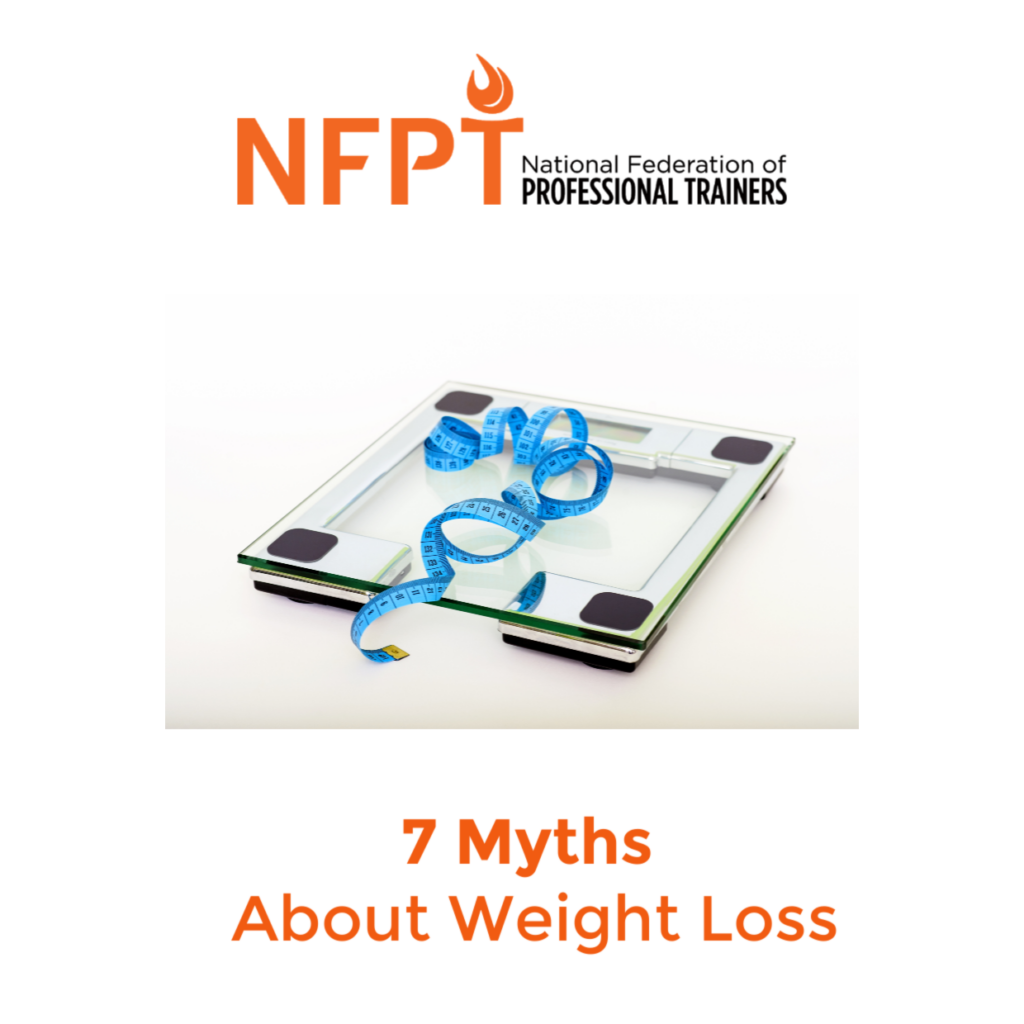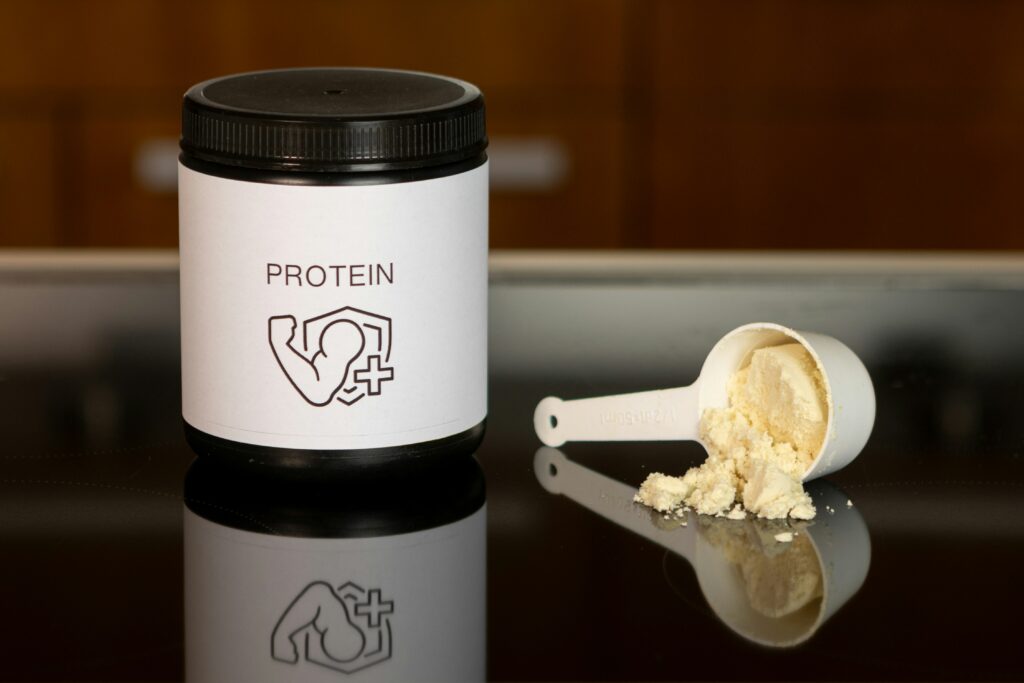Celebrities love to tell viewers and readers what they do to “stay in shape,” which often leads to fad diets and misconceptions about weight loss. Your clients, as a result, are likely going to come to you with their own ideas: what their workout routine should entail, how often they should workout, and what they should eat. You’re the certified, trained professional here, so it’s important to set your client straight, no matter how uncomfortable the conversation may be. Here are 7 myths about weight loss that you’ll have to break with your clients.
Myth 1: Higher Heart Rates Mean More Fat Burned
While it’s true that higher heart rates are correlated with weight loss, it’s not the only factor to consider. Considering heart rate alone as a sign that weight loss will follow is the real misconception here. It’s a combination of factors (heart rate, respiratory rate, intensity, duration, types of exercises, calorie intake, and so much more) that lead to weight loss, and it’s your job to help your client understand that. Follow the F.I.T.T. principle to make sure all aspects of fitness are moving in the right direction, but also remind your client that what goes into their body doesn’t just get automatically incinerated by a high heart rate.
Myth 2: Heavier Breathing Means A Better Workout
In the same way high heart rates don’t equal fat burned, high respiratory rates don’t automatically equate to improved fitness outcomes. Getting sweaty and breathless might seem a satisfying pat on the back, but if the objective of every workout is to beat the body into a pulp, not only might overtraining become a factor, but specific goals might be missed that aren’t addressed by intense cardio alone.
Myth 3: Eating Fewer Calories Will Make You Lose Weight
You’ve heard that eating less and burning more calories equals weight loss. In a perfect world, it would absolutely work like this. But everyone and every body is different, and on top of that, not all calories are equal. Either a low-calorie diet that’s high in fructose, for example, will leave your client feeling frustrated with their results. Help them understand how different types of foods will impact their bodies.
Myth 4: If You’re Working Hard, You Will Lose Weight
Our society equates being overweight or obese with being lazy. On the flip side, it equates being fit with hard work. While it’s true that you have to work hard to get in shape, weight loss is not a linear process. There will be plateaus and time periods where your client will be busting their chops just to be met with little to no results on the scale. Help your client understand that weight loss rewards patience just as much as hard work.
Myth 5: Carbs Are Bad
We have the Atkins diet and, more recently, the keto diet to thank for this one. It’s tricky because cutting carbs does seem to correlate with initial weight loss. However, eating carbs isn’t necessarily tied to weight gain. It’s important to have your client eat whole carbs (whole grains) rather than refined carbs (white bread, pizza crust, etc.). Help them understand the difference and that carbohydrates are necessary to fuel their workouts.
Myth 6: Low-Fat Foods Are Good
If you want to lose weight, that means you want to lose fat, so you should eat foods low in fat, right? Wrong! Oftentimes when manufacturers cut the fat out of milk, cheese, etc., they’re cutting out the enzymes that enable your body to process the food. And likewise, the fat is often replaced with sugar calories. Just like with carbs, there’s a difference between desirable fats and undesirable fats. Saturated and trans fats should be limited, while foods like avocados, olive oil, fish, dark chocolate, and nuts are high in polyunsaturated fats, which your body needs.
Myth 7: Being Skinny and Being Healthy Are the Same Thing
Unfortunately, our society places so much emphasis on appearances that “thin” and “healthy” have somehow become conflated, which means that many don’t consider the health consequences of certain weight loss methods. While it’s true that obesity has been linked with heart disease, stroke, and diabetes, losing too much weight too fast could cause gallstones, stroke, osteoporosis, anemia, and more.
What other persistent myths have you found your clients adhere to?



